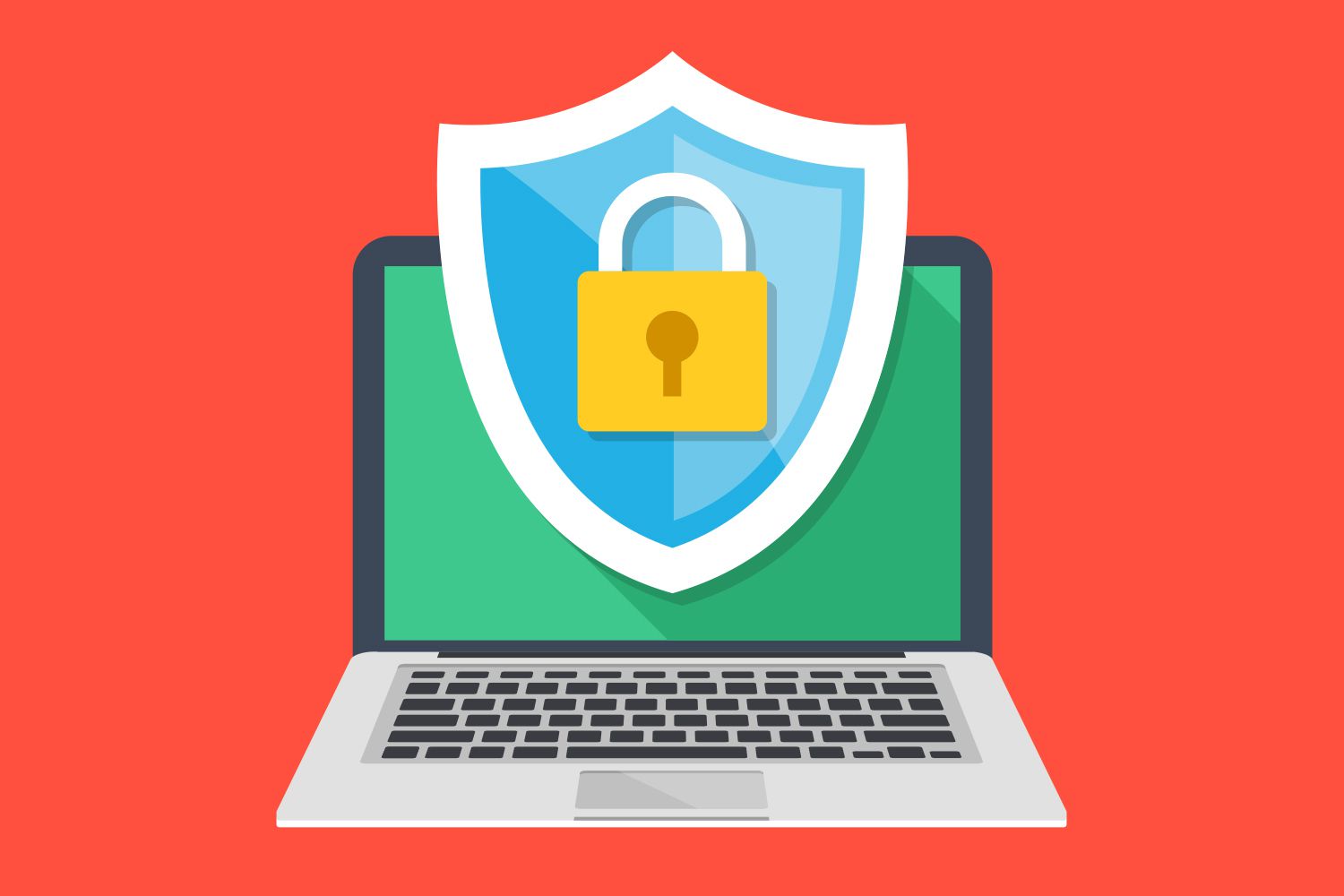Antivirus

Here are some key features and functions of antivirus software:
-
Real-time Scanning: Antivirus software constantly monitors your system in real-time, scanning files, programs, and incoming data for any signs of malware or suspicious activity. It can automatically detect and block threats before they can cause harm.
-
Malware Detection: Antivirus software uses a combination of signature-based detection and heuristic analysis to identify known malware based on specific patterns or behaviors. It compares files and programs against an extensive database of known malware signatures and behavioral patterns to determine if they are malicious.
-
Quarantine and Removal: When an antivirus detects malware, it can isolate and quarantine the infected files, preventing them from causing further harm. Depending on the severity of the threat, the antivirus software may also attempt to remove or repair the infected files.
-
Updates and Database: Antivirus software regularly updates its database of known malware signatures and behavioral patterns to stay up-to-date with the latest threats. These updates ensure that the antivirus can detect and protect against new and emerging malware.
-
Web Protection: Many antivirus programs offer web protection features that help safeguard your browsing experience. They can detect and block malicious websites, phishing attempts, and unsafe downloads, preventing you from accessing harmful content or falling victim to online scams.
-
Firewall: Some antivirus software includes a built-in firewall that helps monitor incoming and outgoing network traffic. The firewall can block unauthorized access attempts and provide an additional layer of protection against network-based attacks.
It's important to note that while antivirus software is a crucial tool for protecting your system, it should not be the only security measure you rely on. It's also essential to practice safe computing habits, such as being cautious while opening email attachments or downloading files from untrusted sources, regularly updating your operating system and applications, and using strong, unique passwords for your accounts.
There are many reputable antivirus software providers available, including Norton, McAfee, Avast, AVG, Kaspersky, and Bitdefender, among others. It's recommended to choose a reliable and reputable antivirus program and keep it updated to ensure the best possible protection for your computer or device.
There are several popular antivirus software available in the market. Here are some well-known antivirus programs:
-
Norton Antivirus: Norton is a trusted name in the antivirus industry and offers comprehensive protection against malware, phishing attempts, and other online threats. It provides real-time scanning, web protection, and firewall features.
-
McAfee Antivirus: McAfee is another popular antivirus solution known for its robust malware detection and prevention capabilities. It offers features such as real-time scanning, web protection, firewall, and identity theft protection.
-
Avast Antivirus: Avast is a widely used antivirus program that offers both free and premium versions. It provides real-time protection, advanced threat detection, web protection, and a range of additional features like Wi-Fi security scanning.
-
AVG Antivirus: AVG is known for its reliable antivirus protection and is available in both free and premium versions. It offers real-time scanning, web protection, email protection, and features to optimize system performance.
-
Kaspersky Antivirus: Kaspersky is a well-respected antivirus software known for its strong malware detection and prevention capabilities. It offers real-time protection, web protection, firewall, and other features to secure your system and data.
-
Bitdefender Antivirus: Bitdefender is recognized for its high-quality antivirus solutions. It provides real-time protection, web protection, ransomware protection, and advanced threat detection features.
These are just a few examples of popular antivirus programs, but there are many other options available in the market. When choosing an antivirus, consider factors such as the level of protection provided, ease of use, system performance impact, and additional features that suit your specific needs. It's also important to keep your antivirus software updated to ensure you have the latest protection against new and emerging threats.





